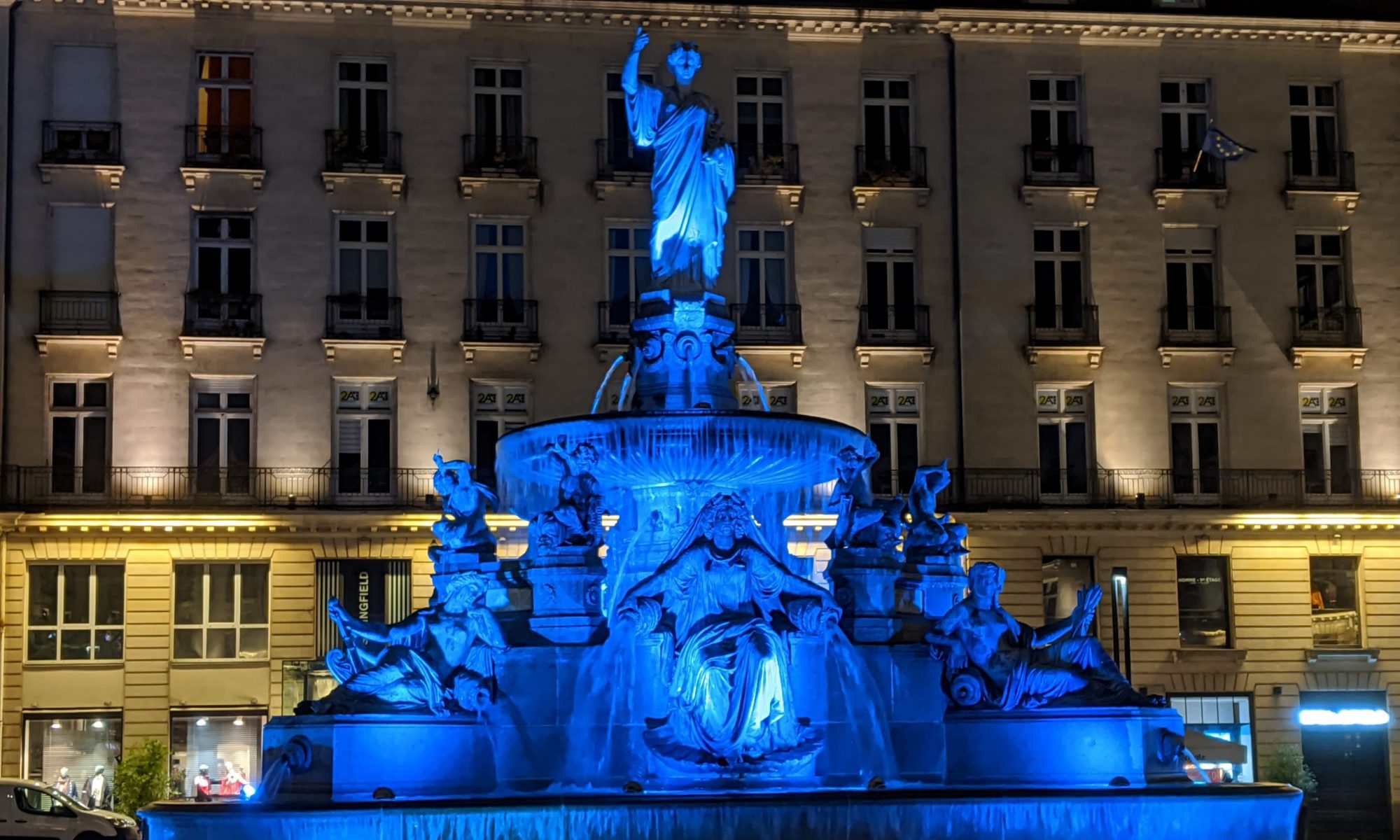
I was sick for several days in October, and took the occasion to binge watch one of the 2017 French series available on Netflix, La Forêt. It’s got a few things going for it: it’s in French. It has gorgeous footage of European forest. And did I mention it is in French? Unless you are bedridden and looking to work on your listening skills, or if you really, really like Broadchurch knock-offs, I wouldn’t recommend spending you time on watching the six hour-long episodes that are the entirety of this series.
The show is a modern-day polar set in a French village near the Belgian border, right at the edge of the Ardenne forest. Three teenage girls are up to something and get in trouble, one turns up murdered, the other two disappear. Naturally the mother of one of the girls is the second-in-command lieutenant of the village police force, which has just acquired a new chief. The lieutenant has lived in the village all her life, while the new chief arrived from Paris and the army. The investigation turns up one dark secret of village life after another, and also gives the director a chance to show off their arbitrary inclusivity (“This character is Black! That character is Jewish! This one is lesbian! Why? Er, no reason really …”) I don’t object to representation on the screen, but the writers make a big deal of these distinctions but then don’t do anything with them. They also don’t do much with various other plot elements: a phantom wolf in the forest; a hermit living in the forest; somebody slaughters game animals and is careless with a lot of blood. The school teacher who likes to wander naked through the woods.

One thing that is clear: the French don’t seem to think much of conflict of interest. The lieutenant is allowed to fly off the handle countless times as she lets her grief over her missing daughter drive her to violate procedure at every turn. The chief scolds her each time, but nothing comes of it. I don’t think there was ever a second season of this how, but it would actually be interesting to see her play a police officer in a case that does not involve her own family.

One of the weirdest facts about this series is that the station that aired it originally, France 3, partnered with an online gambling company Winamax to allow viewers to put real money bets on the identity of the murder. Winamax built a second-screen experience that would update the odds on each bet in real-time during the nights that the show aired, adjusting them as the plot played out. It was a successful marketing gimmick that attracted a lot of attention on both mainstream media and social media, and in turn a lot of viewers. The series was translated and marketed in Spanish, English, and German, though I don’t know if the betting campaign was Europe-wide or France only. I haven’t heard of any examples of this dynamic being recreated, so perhaps it was a one-time campaign. But it might explain why the writing was so poor …







